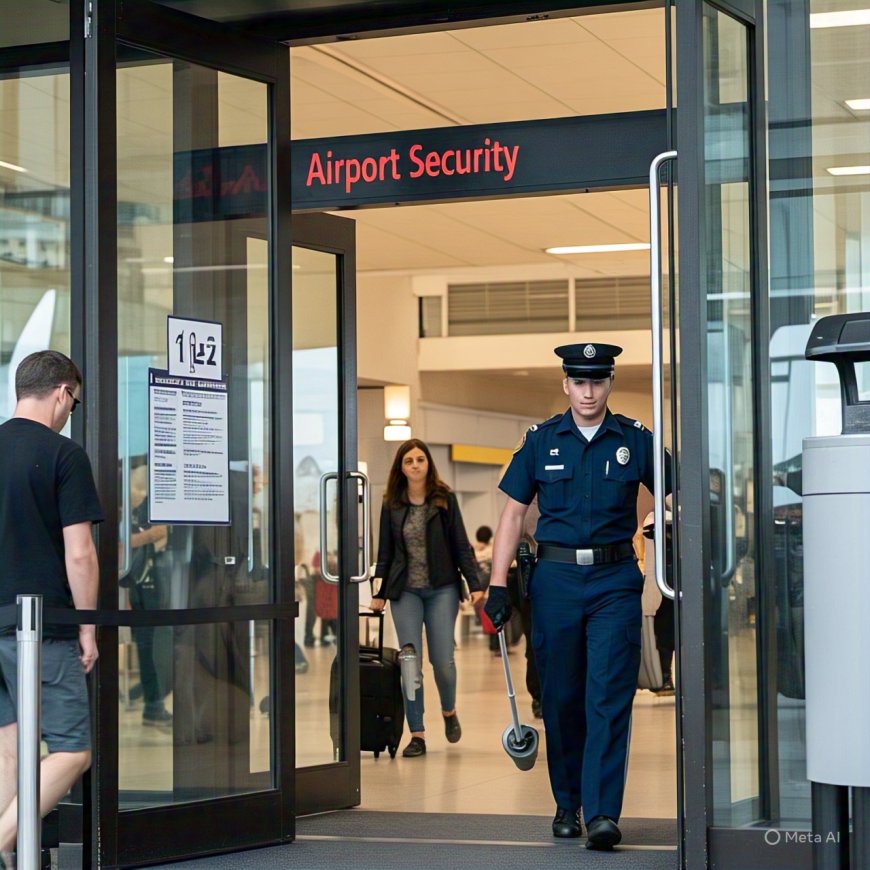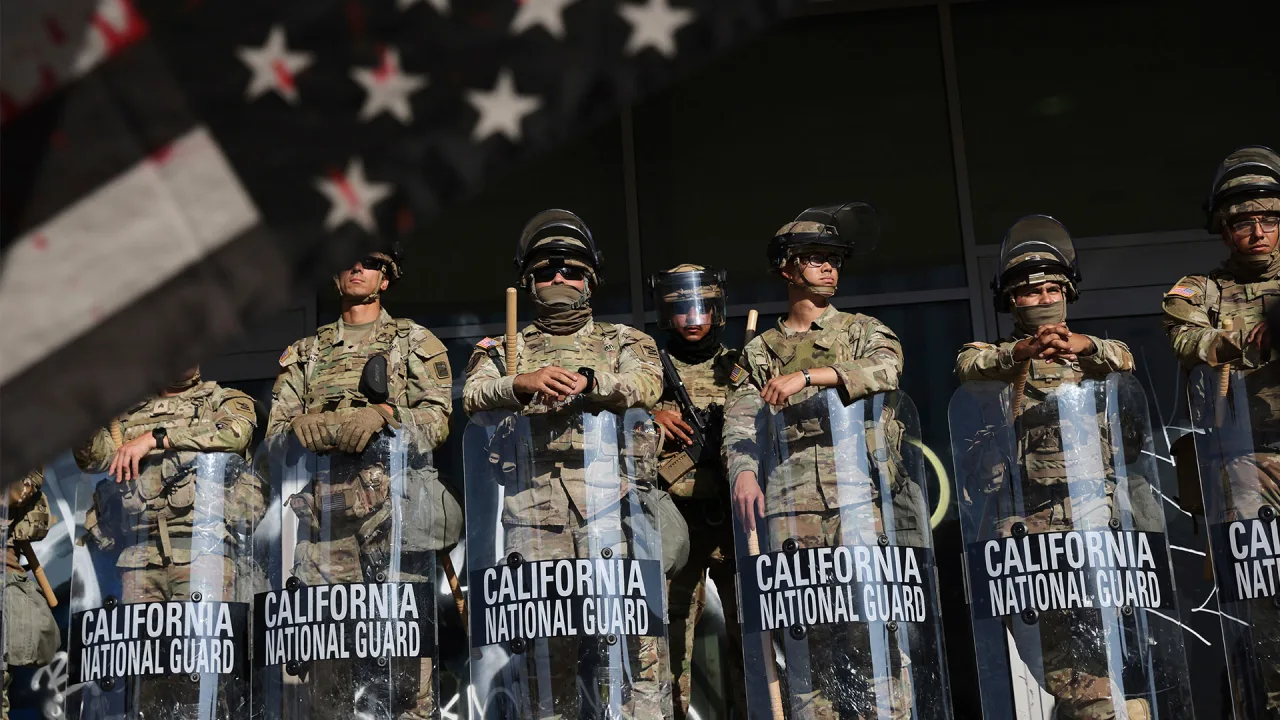The Role of Security Guards in Airport Security

Understanding the Complexity of Airport Security
Airport security is a multi-layered operation that protects thousands of passengers, staff, and aircraft daily. It involves coordination between law enforcement, airport staff, and private security services. Among these, professional security guards serve as the backbone of daily security operations. Their visibility, training, and adaptability play a major role in keeping airports safe and efficient.
Why Airports Are Considered High-Risk Zones
Airports are often prime targets for illegal activities due to the concentration of people and critical infrastructure. Terrorism, smuggling, and unauthorized access are constant threats. This high-risk environment necessitates trained personnel who can monitor, prevent, and respond swiftly to any emerging danger.
Security Guard Responsibilities at Terminals
Terminal areas are always bustling with passengers, making them highly sensitive. Security guards here check for suspicious behavior, manage crowds, verify access passes, and respond to emergencies. Their constant presence reassures travelers and deters potential threats before they escalate.
Managing Access Control Across Restricted Areas
Security guards regulate access to secure airport zones such as runways, cargo holds, and control towers. Unauthorized access to these areas could result in severe consequences. Guards ensure only vetted personnel with the correct identification can enter, maintaining strict access control procedures.
Patrolling and Surveillance Duties
Routine patrolling is a crucial task carried out by guards to ensure no area is left unmonitored. They often work in sync with surveillance systems, making physical rounds to detect issues like unattended baggage or tampering. Their mobile presence enhances the overall coverage of airport premises.
Preventing Theft and Property Damage
Airports house valuable items like cargo, luggage, and commercial property. Security guards prevent theft, loss, or damage through diligent monitoring and quick response to suspicious activity. Their vigilance also extends to baggage handling and staff-only zones where such incidents can easily go unnoticed.
Supporting Emergency Response Protocols
Security guards are often first responders in cases of emergencies such as fire outbreaks, medical crises, or security breaches. They are trained in first aid, evacuation protocols, and emergency communication, enabling them to act decisively before paramedics or law enforcement arrive.
Coordinating with Aviation and Law Enforcement Agencies
Airport security is a collaborative effort. Guards work closely with national aviation bodies and police departments to maintain protocols and share intelligence. Their coordination ensures that all safety guidelines are aligned with international and national aviation standards.
Role in Passenger Screening and Queue Management
While security screening is largely handled by specialized agencies, security guards manage lines, prevent queue jumping, and de-escalate conflicts. They guide passengers with queries and keep the screening process smooth and secure, contributing to better travel experiences.
Monitoring Security Equipment and Technology
Today’s airports rely heavily on surveillance cameras, biometric systems, and metal detectors. Guards are trained to operate, monitor, and troubleshoot such equipment. Their tech-savvy roles enable a layered defense strategy that combines human and technological efforts effectively.
Deterring Suspicious Behavior Proactively
One of the key aspects of a guard’s job is behavioral analysis. Trained to detect abnormal or suspicious activity, they can identify potential threats early. Whether it’s someone loitering in a restricted area or acting erratically, guards know when to intervene and how to escalate concerns professionally.
Customer Assistance and Public Interaction
In addition to security tasks, guards often help passengers who need directions, accessibility services, or basic support. Their approachable presence enhances the airport’s reputation and ensures passengers feel both safe and welcome. Friendly interaction without compromising authority is a unique skill that trained guards master.
The Need for 24/7 Vigilance and Rotational Coverage
Security at an airport is not a 9-to-5 job. Guards operate in shifts to maintain uninterrupted surveillance and quick response at any hour. Night shifts and off-peak hours are equally important, as threats often arise when the airport is less populated and more vulnerable.
Advantages of Hiring Professional Airport Security Services
Working with expert security agencies brings several advantages—quality training, uniform standards, and consistent performance. Companies such as Security Guard Services provide highly trained professionals adept at handling airport-specific security challenges with efficiency and discretion.
Contribution of Static Security Guards
Static security guards play a vital role by securing entry and exit points, monitoring gates, and manning surveillance rooms. These professionals act as the first line of defense in designated positions across airport zones. You can learn more about their stationary roles and strategic importance through this comprehensive static guard service overview.
How Security Guards Enhance Crisis Preparedness
In a high-stakes environment like an airport, crisis preparedness is essential. Guards undergo frequent drills for various scenarios, including bomb threats, hijacking alerts, and natural disasters. Their training includes both preventive and reactive measures, equipping them to maintain calm and order when chaos strikes.
The Future of Airport Security: Human + Tech Integration
As airports evolve with advanced biometrics, AI-based surveillance, and autonomous systems, the role of security guards is also transforming. While machines can detect anomalies, human judgment and adaptability remain irreplaceable. The integration of security personnel with smart systems is setting a new benchmark for airport safety.
FAQs
1. What is the main responsibility of a security guard at an airport?
Their primary role is to monitor, prevent, and respond to security threats while ensuring passenger and staff safety.
2. How do security guards help during emergencies?
They act as first responders by managing evacuations, administering first aid, and alerting relevant authorities.
3. Are security guards involved in passenger screening?
Yes, they support screening processes by managing queues and spotting unusual behavior but don’t conduct technical scans.
4. What’s the difference between static and mobile security guards?
Static guards stay at one location, like gates, while mobile guards patrol different zones within the airport.
5. Do airport security guards work with law enforcement?
Absolutely. They coordinate with police and aviation authorities to ensure compliance and handle major threats.
6. Why is round-the-clock coverage important in airport security?
Because threats can occur anytime, 24/7 security ensures constant vigilance and timely response.

































































![https //g.co/recover for help [1-866-719-1006]](https://newsquo.com/uploads/images/202506/image_430x256_684949454da3e.jpg)






















![How Smart PMs Scale Their Careers in Any Org [TPG Live Recap]](https://tpgblog.com/wp-content/uploads/2025/06/2025-06-12-thumbnail-action.png?#)



















































